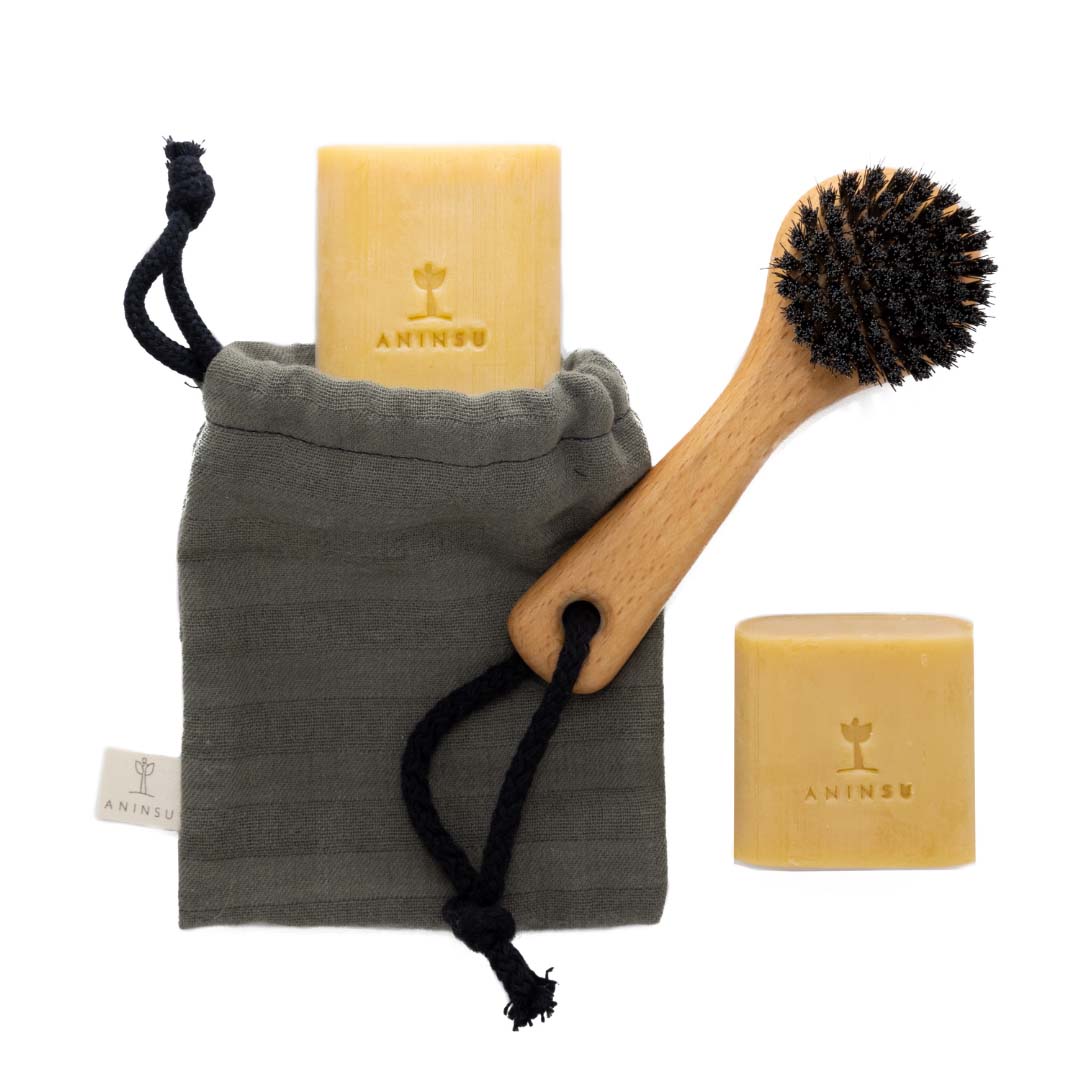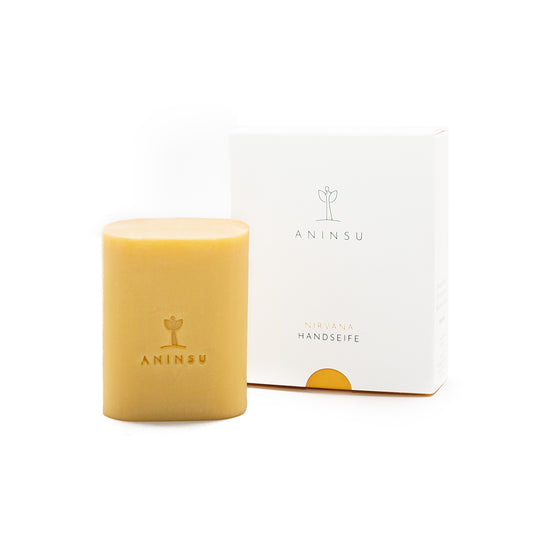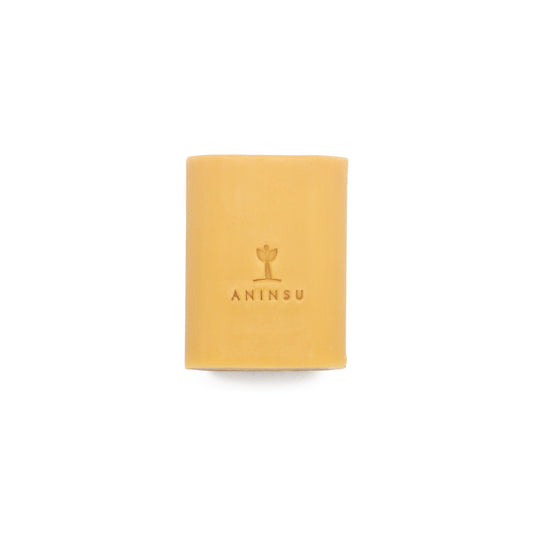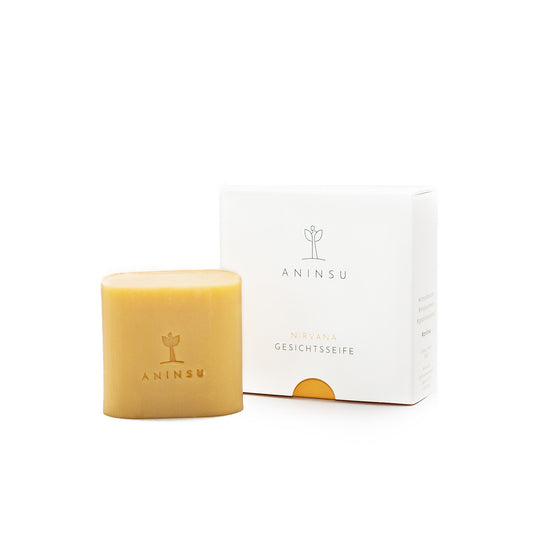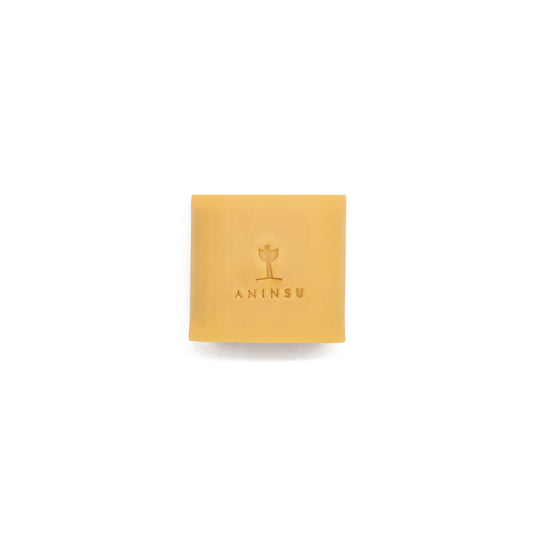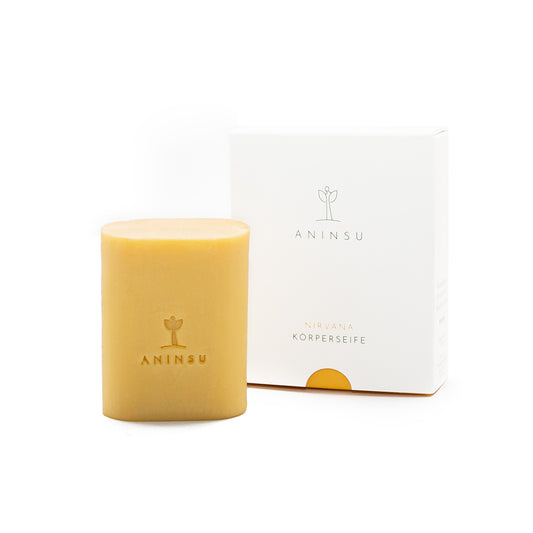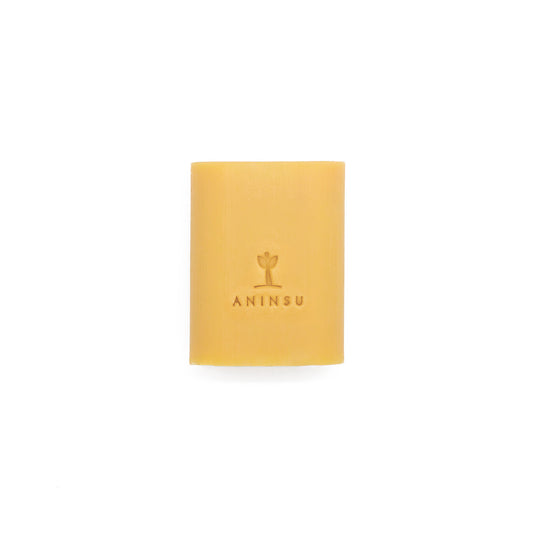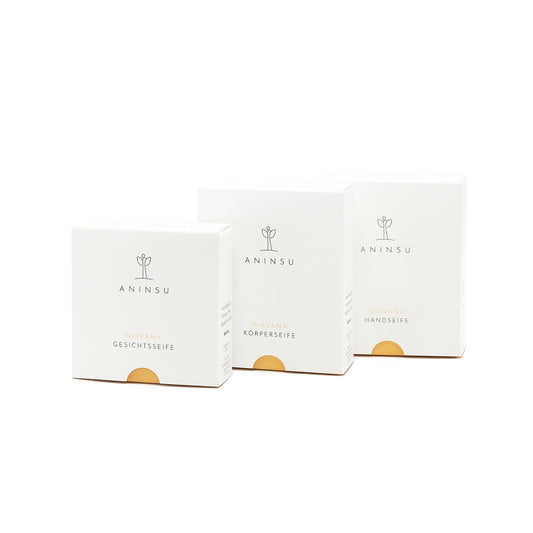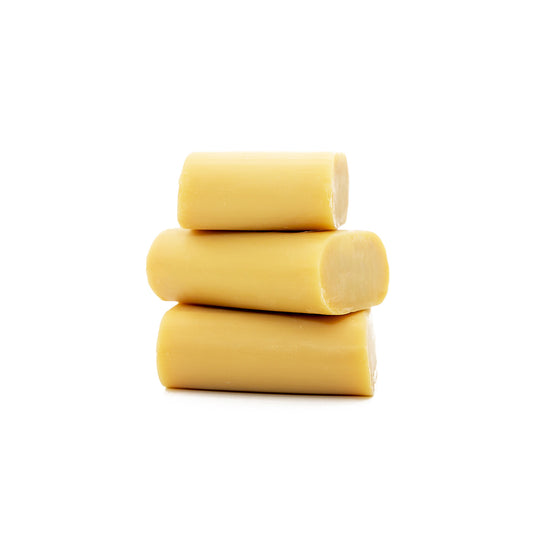"Look, that's vegan, we'll take that." – "But we're not vegan at all?!"
Many of us have experienced this or a similar situation. How does this reaction come about? Is there actually a belief that vegan products are reserved exclusively for vegan people? Probably (and hopefully) not. There will certainly be plenty of reservations or at least concerns. Because just as animal ingredients are missing from vegan foods, some certainly expect that something is missing from other vegan products. This waiver z. B. with cosmetics or objects from everyday life hardly noticeable.
To put it very simply: vegetarian means "without meat" and vegan means "without animal substances in the end product or during production". Animal here means the entire animal kingdom, ie all vertebrates and all multicellular invertebrates.
The difference between a vegan diet and vegan products of a different kind is that we differentiate between meat dishes and the "rest" when it comes to food simply because of our upbringing, and there is a cultural situation in which meat consumption has a high priority. With other products, however, this is very rarely the case, apart from niche topics such as sheep's milk soaps or the like. As a rule, we do not think in this duality apart from food, simply because it does not play a role in everyday life and we often also think that many products do not contain any animal substances and that is exactly the big mistake. Animal substances alone are used in the production of many materials. They are often not included in the end product and therefore do not have to be stated in the ingredients, which also fuels our misconception. Small example: Fruit juices that are not naturally cloudy, let's say apple juice, are quite often treated with gelatine to get rid of the cloudiness. The gelatine is removed from the finished juice and the normal consumer does not even get the idea that the juice could not be vegan, since there is no indication of this on the packaging. Well, welcome to our world.
To give preference to vegan products means in the first step to protect animals. Of course, this is not the panacea and animals are still slaughtered for meat consumption. And the argument that leftovers from slaughter that cannot be processed for meat consumption are reused rather than simply discarded or incinerated cannot be dismissed out of hand. And yet: With examples like apple juice, you can't help but ask yourself whether that's really necessary. Or if it couldn't at least not even be labelled, so that the consumer can make a realistically fair choice without having to deal with the production of each type of product beforehand.
The term "vegan" is inextricably linked to nutrition and so many people think that living vegan means "only" a change in diet. As already indicated, "vegan" can mean anything. Isn't it a worthwhile model for everyone who doesn't want to do without meat consumption but then switches to vegan alternatives for other product categories? Why not? Yes, of course there will always be cynical people who will accuse you of hypocrisy like "yes, yes, nice vegan face cream and then a fat steak on it". But if there are people who follow a vegan diet and don't worry about animal substances in other products, it's the other way around: delicious burgers, but otherwise vegan. Or simply rely on vegan products for certain topics. Trying to contribute here and there because you don't want radical changes in your life is a valid life plan. Maybe not for everyone, but for many, and above all we should be careful not to suspect hypocrisy.
Therefore the following conclusion: It is completely irrelevant whether you are full-time, part-time, leisure, hobby or not vegan at all - vegan products are there for everyone!
